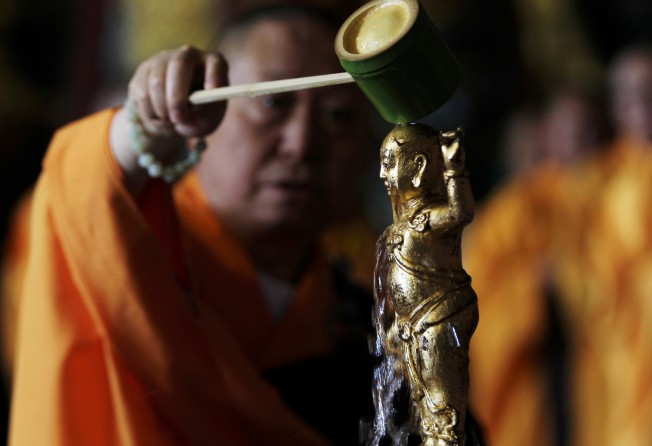
Buddhism can’t be China’s soft power when its origins are Indian

With regard to the article on “dharma diplomacy” by Patrick Mendis (“China’s quest for soft power: where Confucius has failed, the Buddha may succeed”, June 1), the writer says that China should leverage its Buddhist heritage for a new soft power model.
Sorry Mr Mendis, while China has contributed a lot of things to the world of which it should be proud – Confucius, Taoism, paper, gunpowder and so on – Buddhism is not one of them. Even the word “dharma” is a Sanskrit term from India.
Siddhartha Gautama, who became known as the Buddha, was from India. His life and experiences, with all the pilgrimage sites that Buddhists aspire to visit – Sarnath, Kushinagar, Sravasti, Rajgir, and so on, are all located in India, including the most important one, Bodh Gaya, where he attained enlightenment. Though of course, his birthplace of Lumbini is located in neighbouring Nepal.

Buddhism was first spread to the countries to the west and east by India’s emperor Ashok in the second century BC. Later, Indian priests, kings, merchants and artisans travelled to Southeast Asia, impacting those countries with both Buddhism and Hinduism.
Chinese scholars had to visit the ancient Indian universities of Nalanda and Vikramshila, among others, to learn about Buddhism.
Yes, Buddhism became an integral part of Chinese culture, and due to Chinese efforts it spread to Japan, Korea and so on.
But it can only be considered as a part of India’s soft power “trademark”, just like yoga, The Ramayana, karma and reincarnation, though it is practised by hundreds of millions of people outside India.
Gordhan Gurnani, Lam Tin